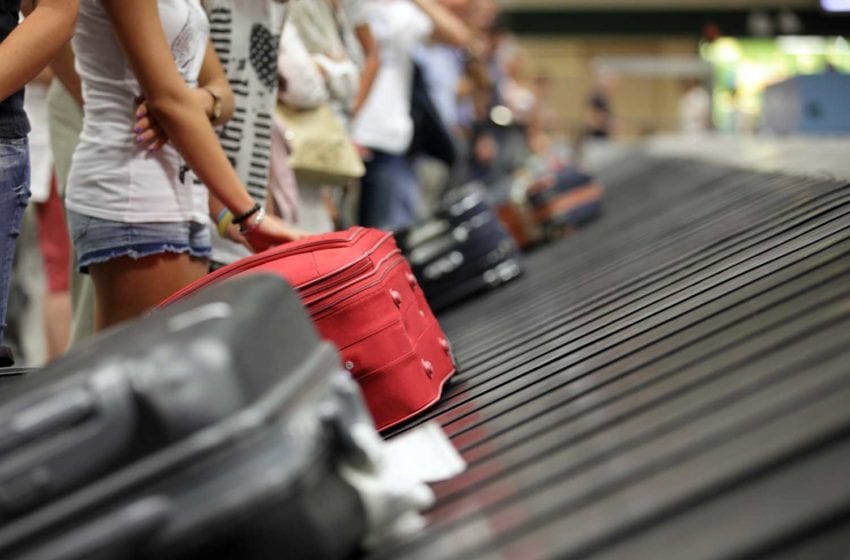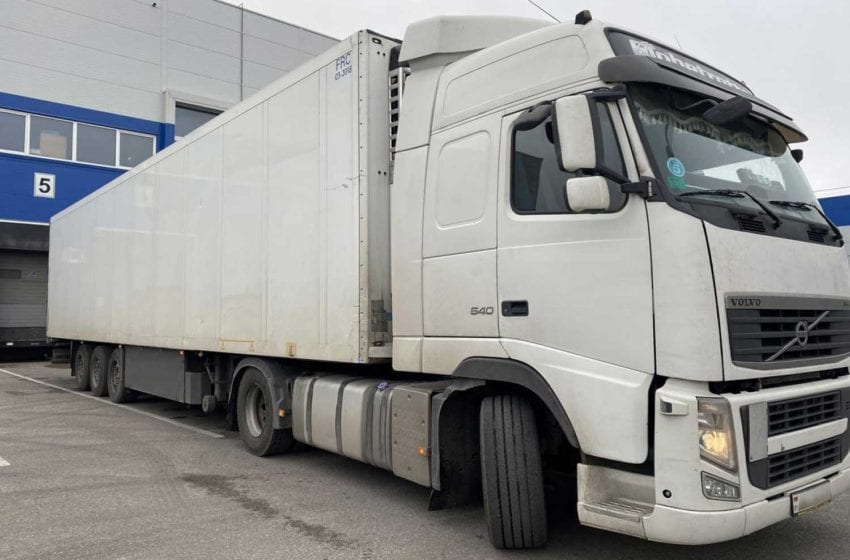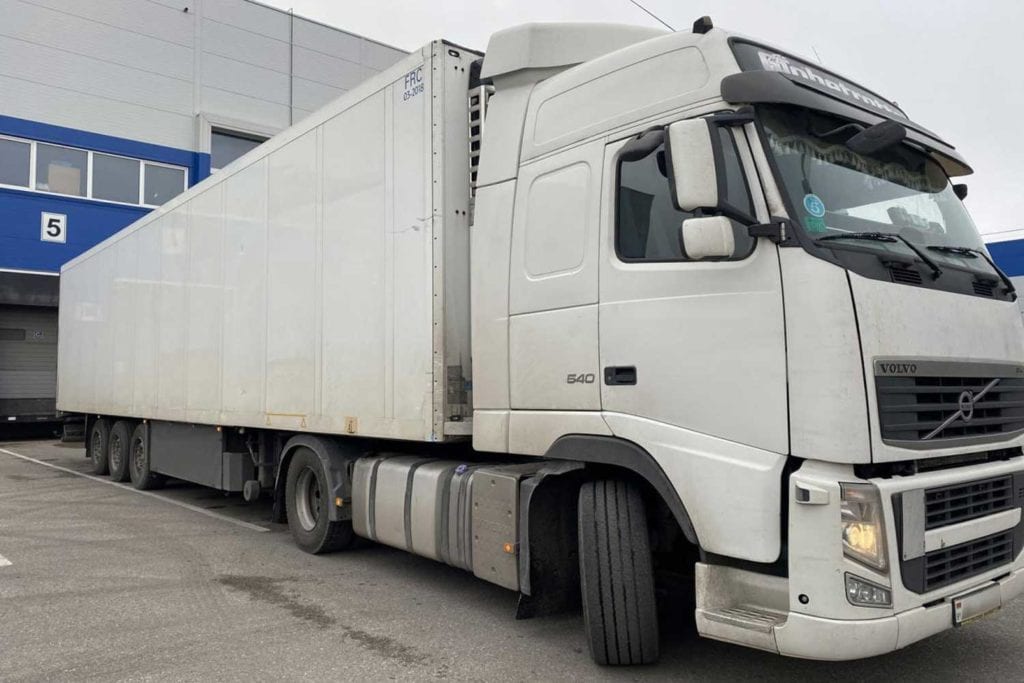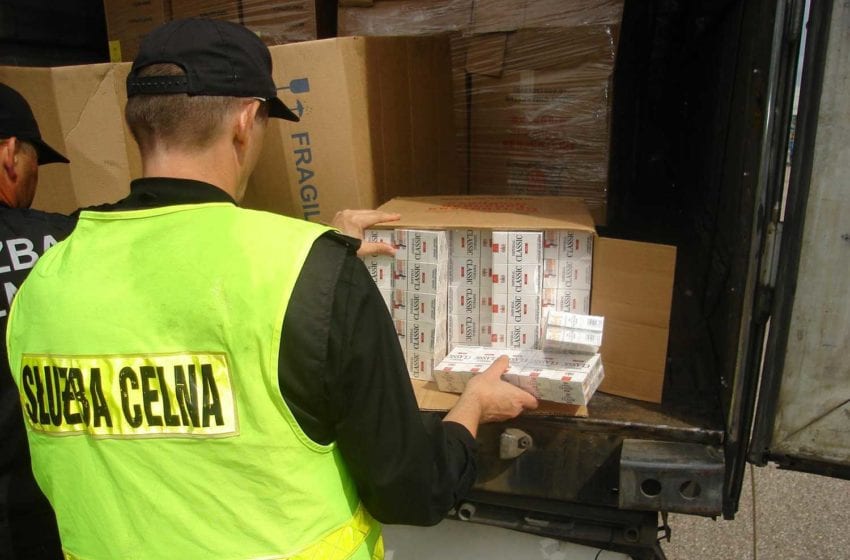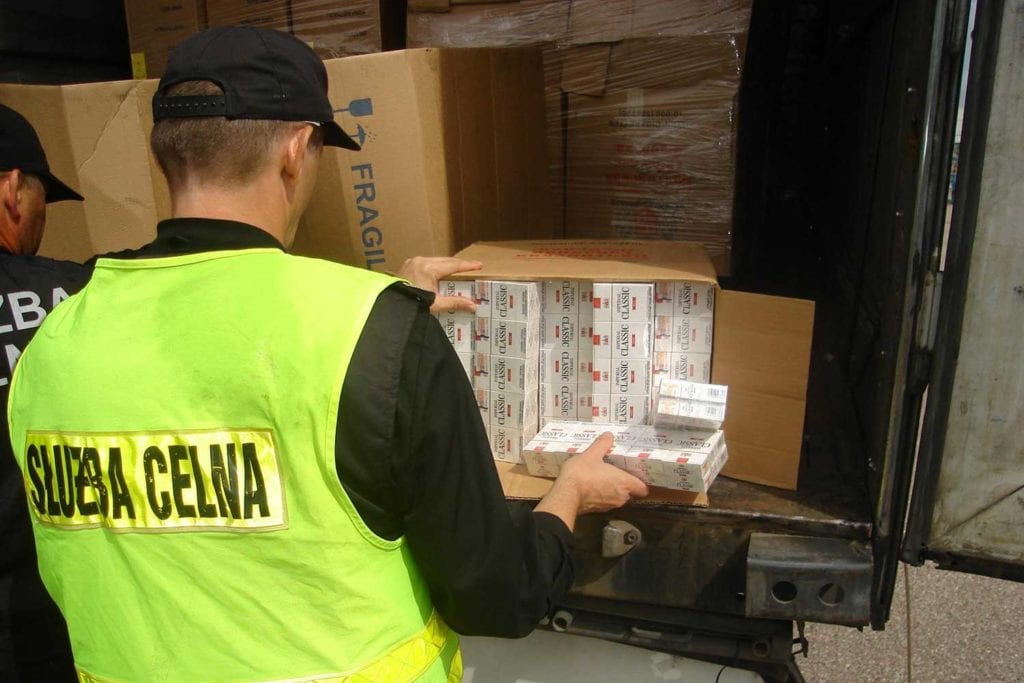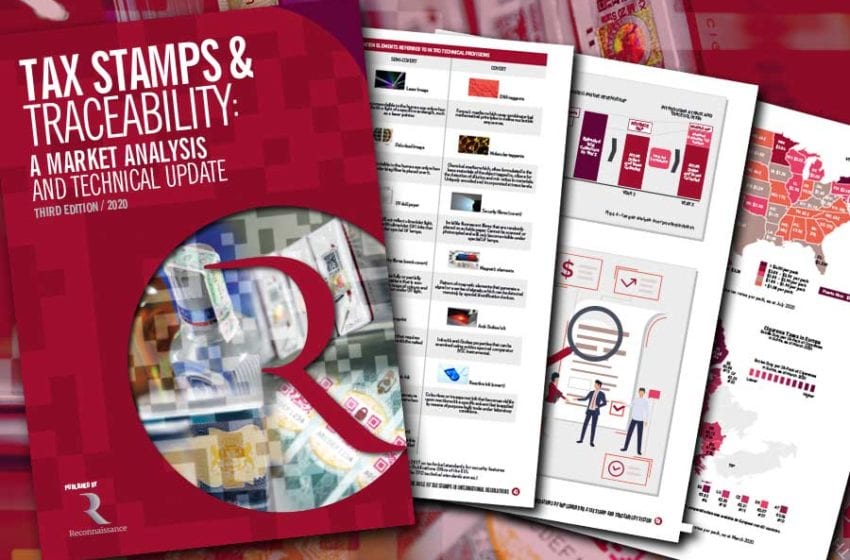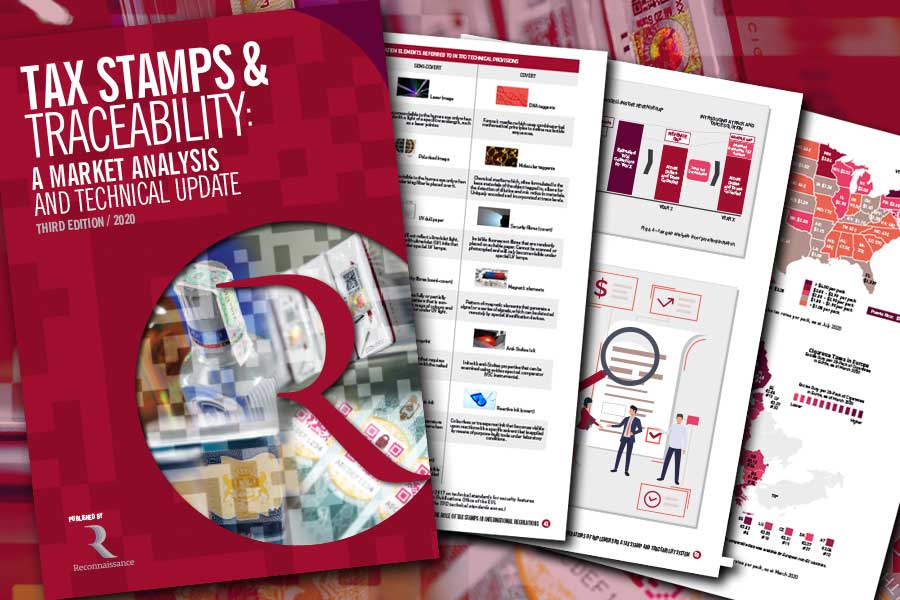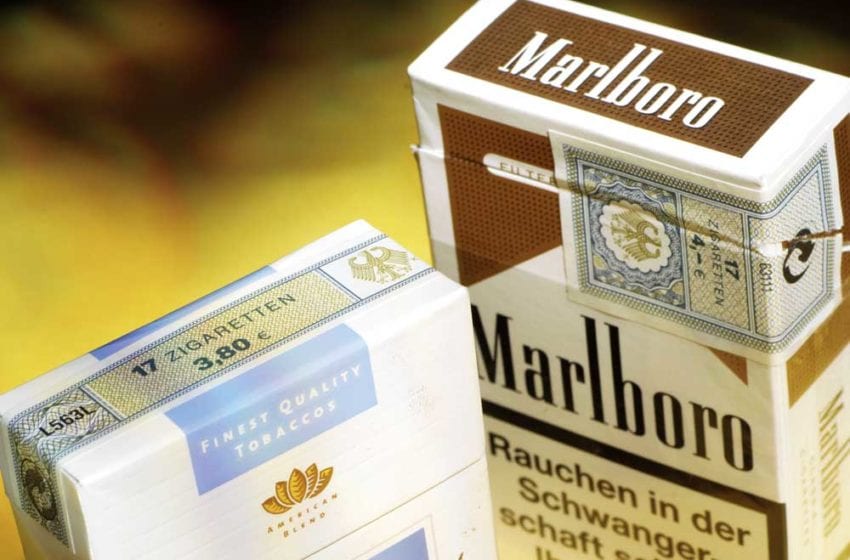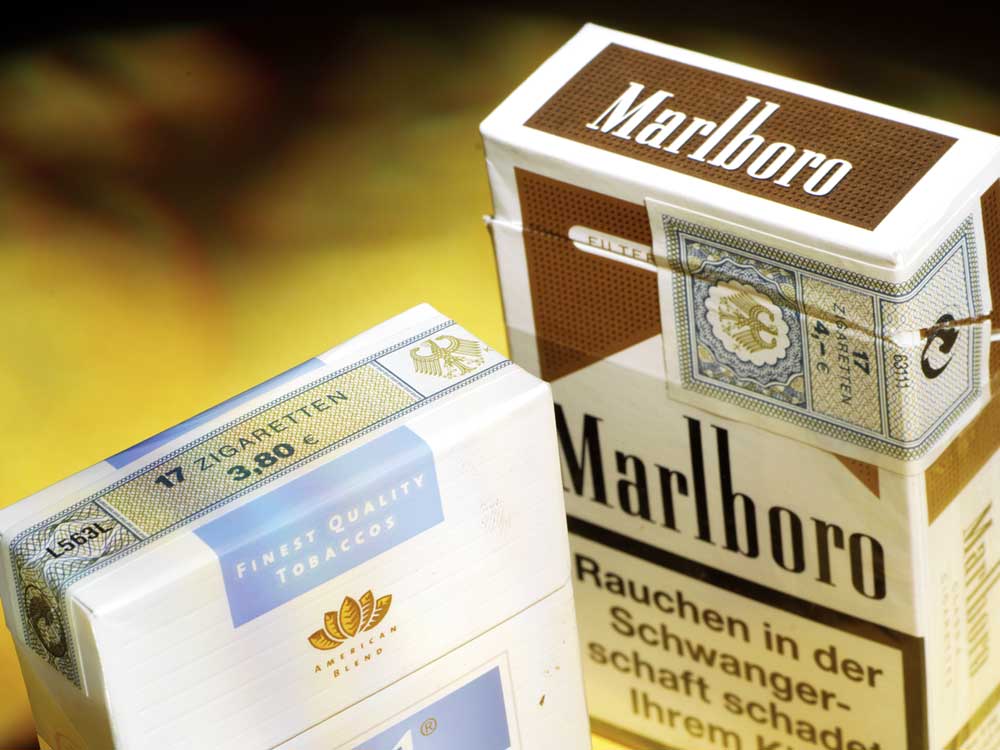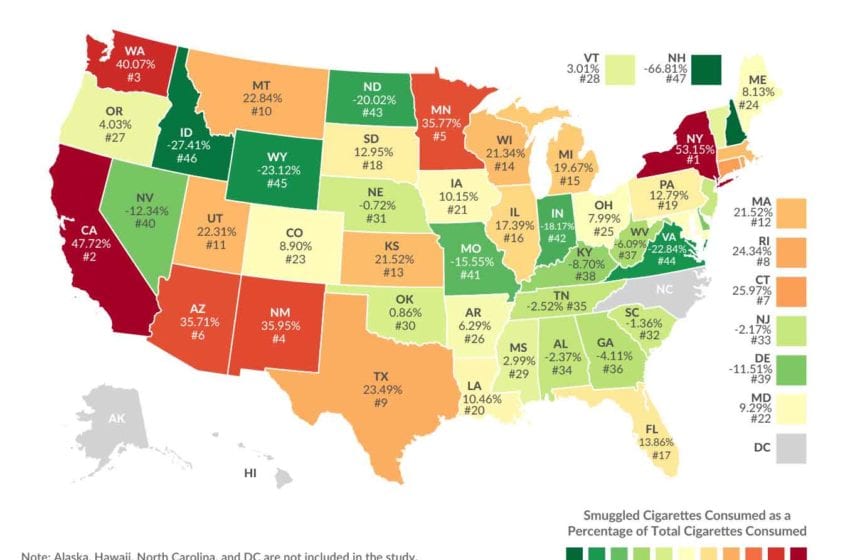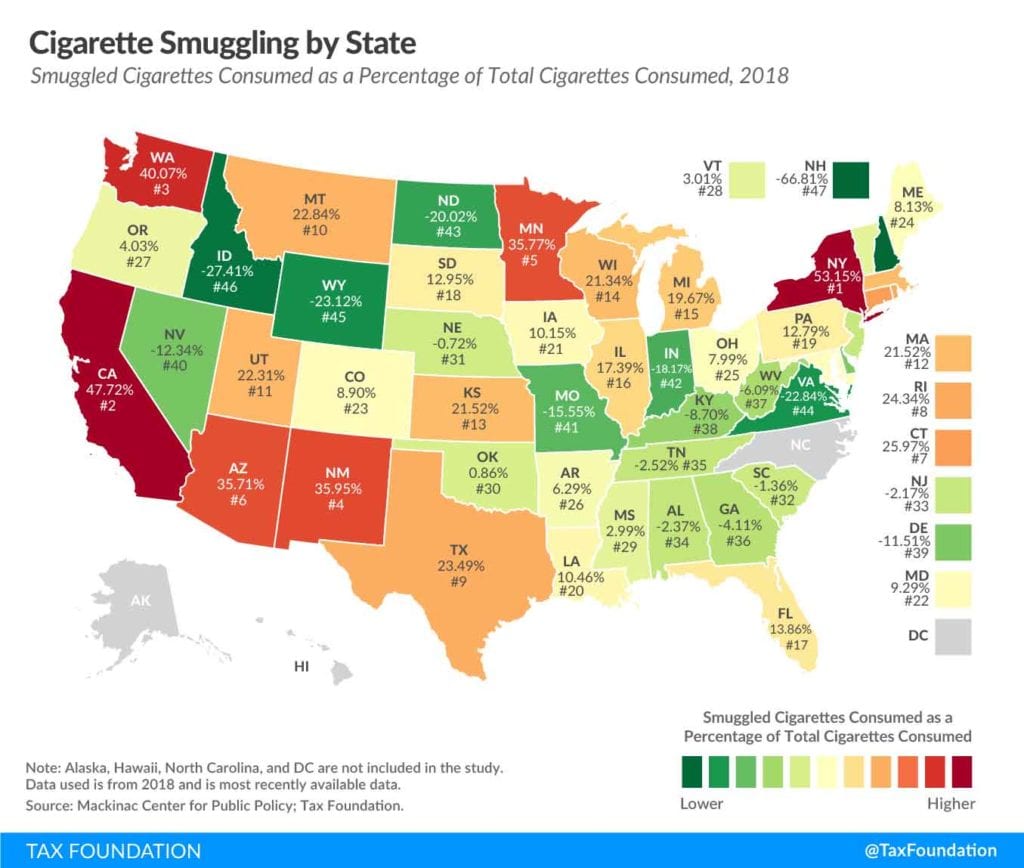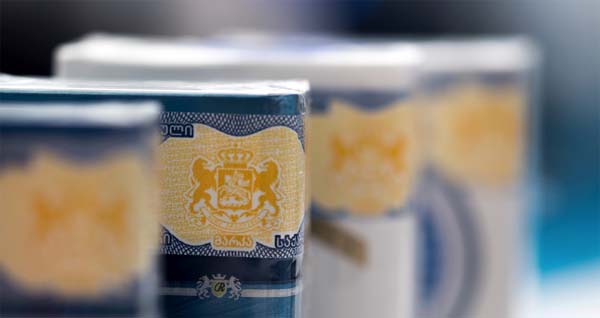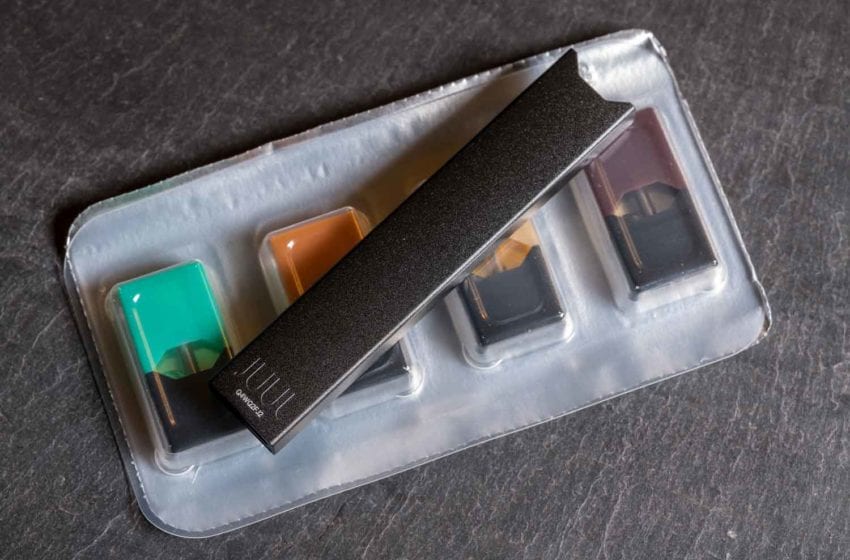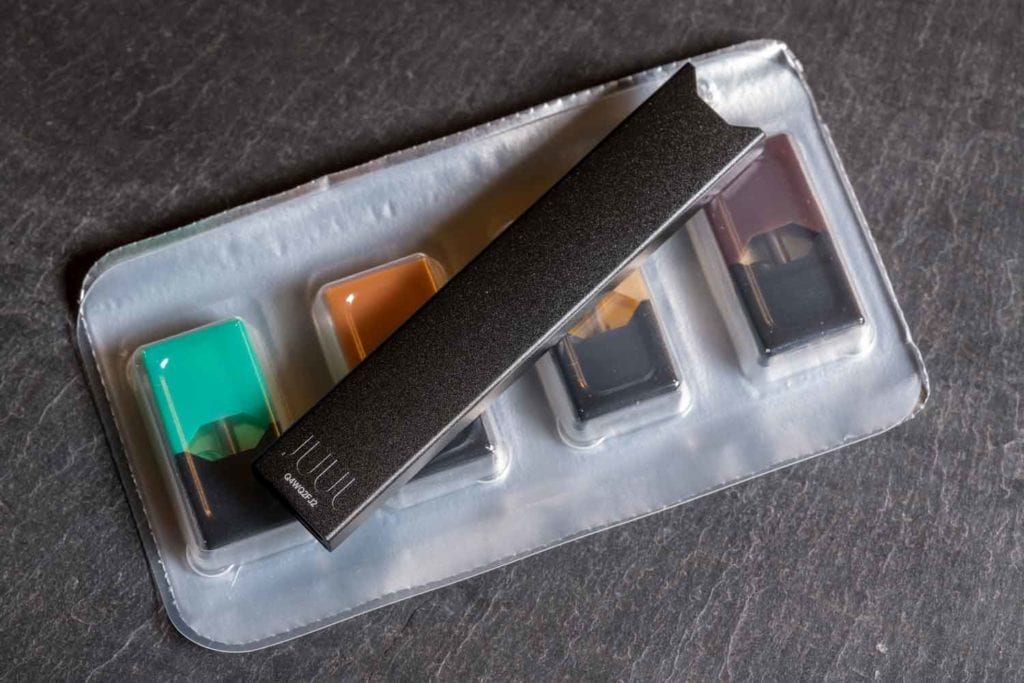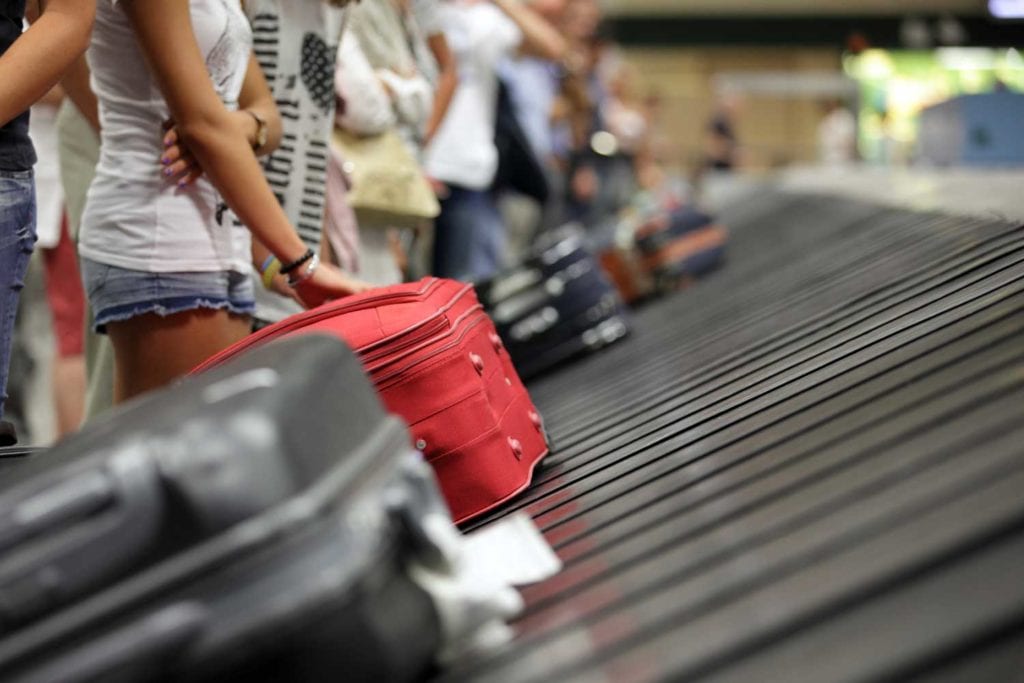
U.S. Customs and Border Protection (CBP) officers at the Dallas Fort Worth International Airport working in conjunction with agents from the U.S. Food and Drug Administration (FDA) have seized 33,681 units of e-cigarettes with a manufacturer’s suggested retail price of $719,453.
In December 2020, CBP seized 42 separate shipments arriving from China destined to various Texas counties. The shipments included individual disposable flavored e-cigarette cartridges resembling the Puff Bar brand, including Puff XXL and Puff Flow.
As part of an ongoing joint operation with FDA, officers and agents were looking to intercept counterfeit or other violative e-cigarettes, including certain flavored e-cigarettes imported to the U.S. that did not meet the Federal Food, Drug, and Cosmetic Act requirements, as amended by the Family Smoking Prevention and Tobacco Control Act.
“Many counterfeit, unapproved or unauthorized products are likely produced in unregulated facilities with unverified ingredients posing a serious health concern to consumers. It is especially alarming when these types of counterfeit and unauthorized products find their way into the hands of children as studies indicate,” said CBP Port Director Timothy Lemaux in a statement. “We will continue to take every opportunity to work with our partners at the FDA to intercept and seize products that threaten U.S. consumers.”
Tobacco products including e-cigarettes imported or offered for import into the U.S. must comply with all applicable U.S. laws.
“The FDA continues to prioritize enforcement against e-cigarette products, specifically those most appealing and accessible to youth,” said Mitch Zeller, director of the FDA’s Center for Tobacco Products. “We are very concerned about how popular these products are with youth. This seizure makes clear to tobacco product manufacturers, retailers and importers that the FDA is keeping a close watch on the marketplace and will hold accountable those companies that violate tobacco laws and regulations.”
CBP’s trade enforcement mission places a significant emphasis on intercepting illicit products that could harm American consumers. In fiscal year 2020, CBP seized 93,590 units of e-cigarettes that did not meet U.S. federal regulations.
In July 2020, the FDA issued a warning letter to Cool Clouds Distribution (doing business as Puff Bar), to remove their flavored disposable e-cigarettes and youth-appealing e-liquid products from the market because they do not have the required premarket authorization.
“Protecting American consumers from illicit and especially harmful tobacco products, such as counterfeit or flavored e-cigarettes, is of utmost importance to the FDA,” said Judy McMeekin, FDA associate commissioner for regulatory affairs. “We will continue to investigate and remove from the marketplace products that pose a particular danger to the public health.”
While the Puff Bar website appears to have recently stopped online sales and distribution in the U.S, it does not mean that the firm ceased distributing products to other retailers or selling products at brick and mortar retail stores, according to the FDA. The website’s store locators are still active, indicating that potential consumers can still search for products located for sale at retail stores.

